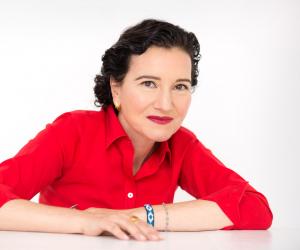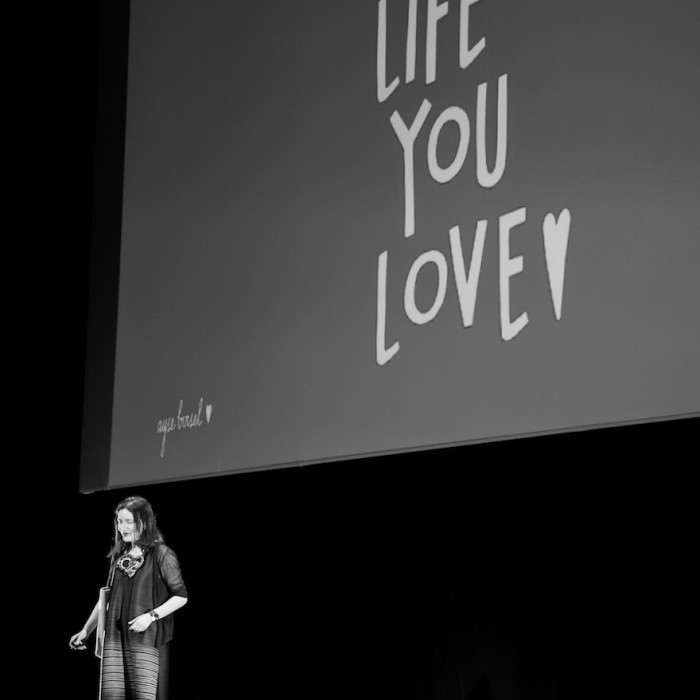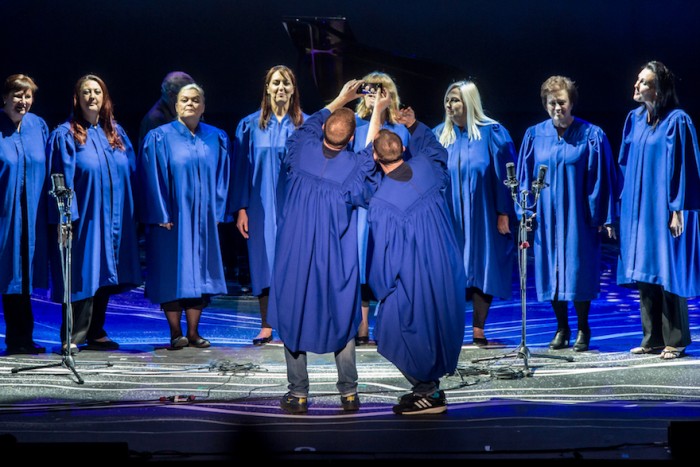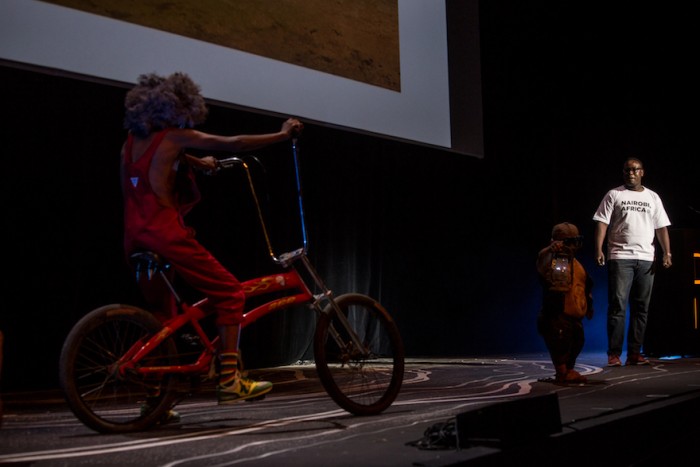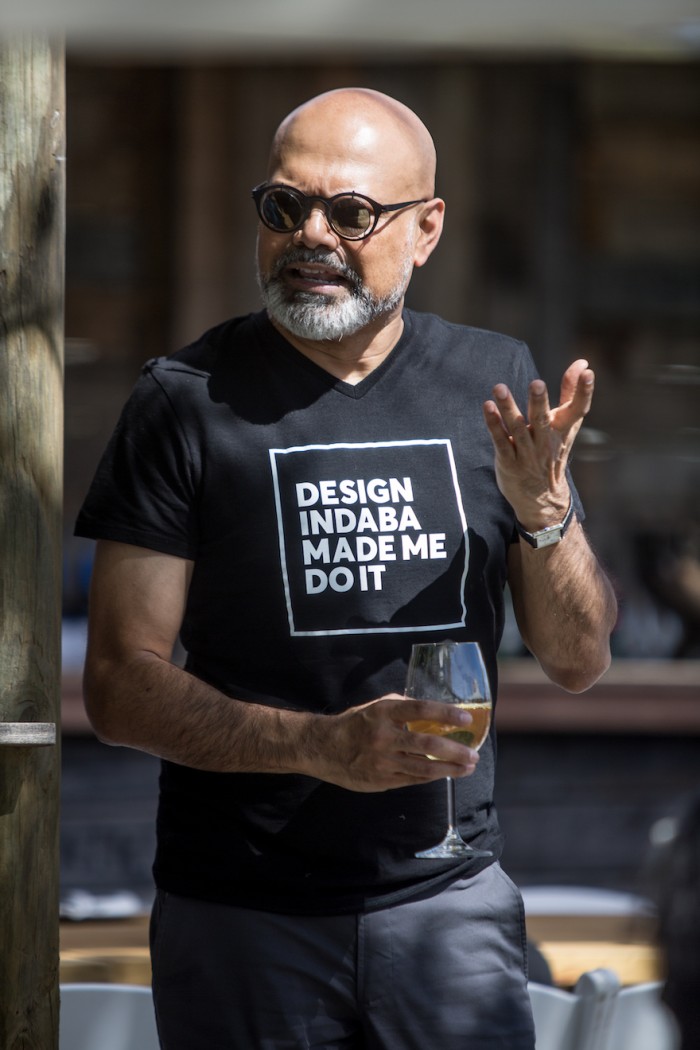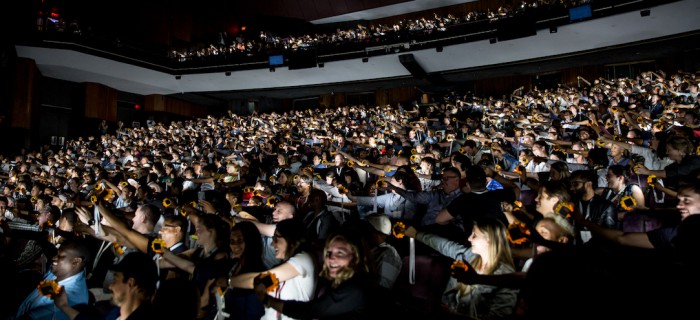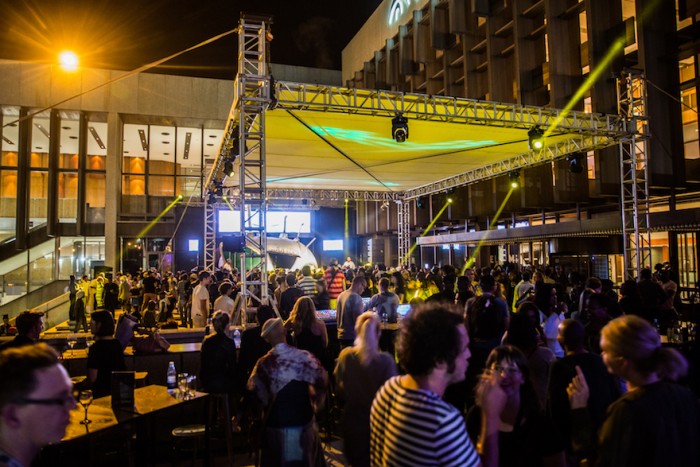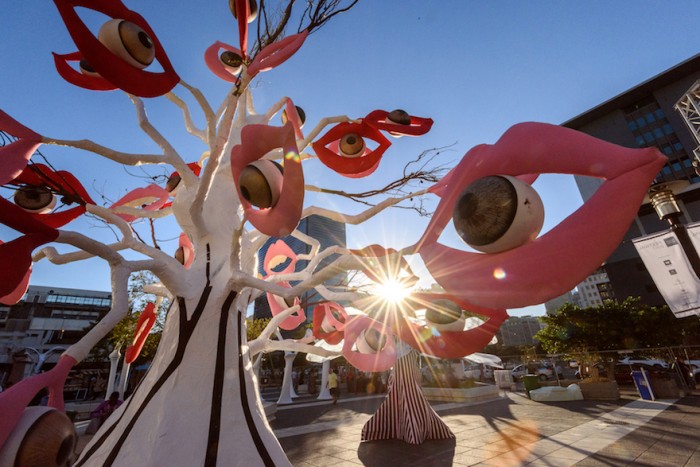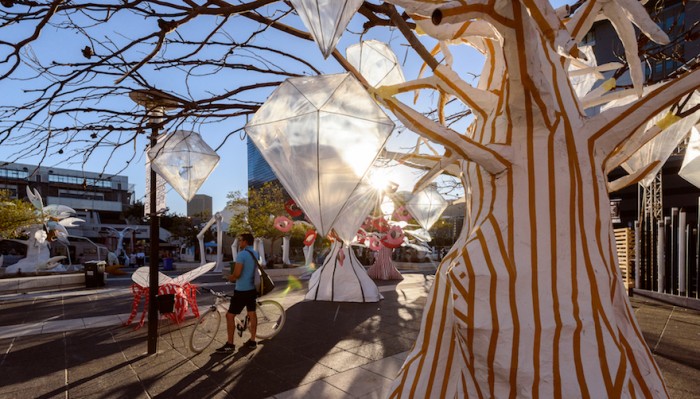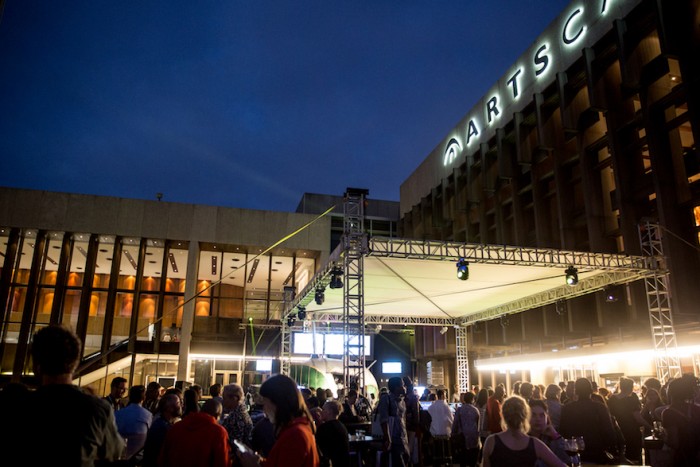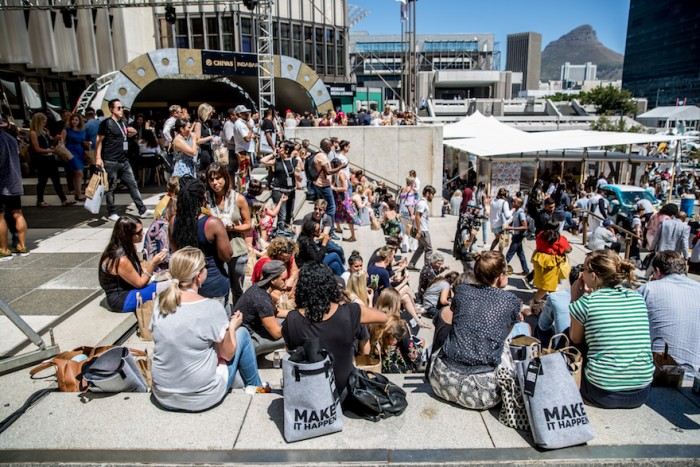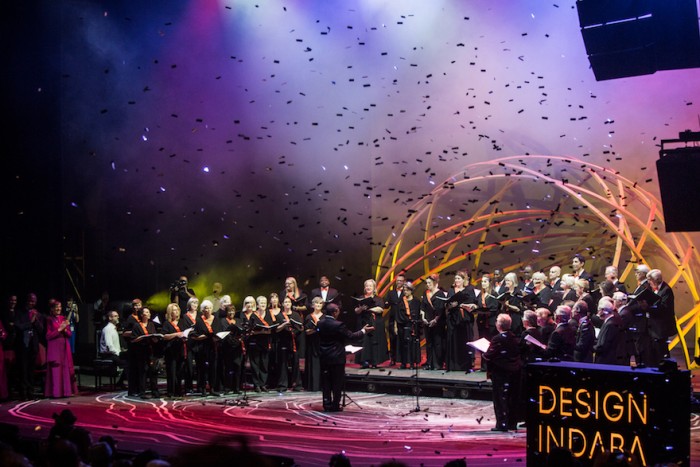When I started in design, networking took place over power breakfasts and martini lunches, but those have all but disappeared. These days every organisation – from Amazon to Colgate and Palmolive – puts together a conference, internal or public, for profit or not. Regardless of size and format, the underlying purpose is the same: To create opportunities to learn from each other, inspire new ideas, network and build new collaborations and alliances.
A conference is the new way of doing business. So how do you do it? Here are the lessons I learned at Design Indaba, one of the world’s best design conferences, held annually in Cape Town, South Africa. Full disclosure: I was one of the speakers for 2017. I told my story while at the same time inspiring 1500 people to design their lives.
Here are the lessons from Design Indaba Festival 2017:
Diversity of people
It is easy to attract people who are like you and likeminded. It is harder to offer true diversity. If you can offer a true mosaic of colour, gender, age, culture and disciplines, your audience will see themselves represented and feel included. Learning from others fosters a sense of true inclusivity.
Diversity of disciplines
Fight the tendency to narrowly define your conference framework. Cast a wide net to bring different voices, mediums and connections that will expose your audience to new ideas and help them connect the dots in new ways.
Show
Put on a great show. At Design Indaba, conference is also theatre.
Leader
Find a passionate leader who pulls it together. Design Indaba is synonymous with Ravi Naidoo, a visionary producer, curator and master connector. When he invites you to Indaba, you go.
Curation
Curate the best talent. A conference is like a school that takes place over a day or two attended by professionals for whom time is in short supply, taught by the best experts, speakers, teachers.
Big picture
See the big picture. The reason Design Indaba is so successful is its long-term vision and sense of purpose — connecting amazing people in a beautiful setting for an unforgettable experience that will be the start of new collaborations, organic connections and a stronger, more connected global design community. Find a purpose that is as timeless.
Audience
Build a great audience. If you give people something they crave, that is consistent and cannot be found anywhere else, they will come again and again, even travelling 14 to 20 hours to the southern tip of Africa!
Experience
Create a worthy experience and people on both sides of the stage will rise to the occasion. Design Indaba is not the sum of amazing speakers and a great audience. It is also larger than life art installations, intimate dinners, nightly dance parties with amazing DJ’s, food trucks, good coffee, stage sets and special effects, interactive talks and live happenings.
MCs
Don’t pay big money for an outsider. Hire MCs who master both the subject and the art of theatre. The Oscars are MC’d by Jimmy Fallon; Design Indaba is hosted by Michael Beirut and Michelle Constant because they’re known to the audience, they personally know most of the speakers, they can improvise and their passion is infectious.
Team
Gather a team of doers and enablers. The best testament to the Design Indaba team? Naidoo attends the conference like an audience member in the front row for 3 days. If the leader can do that, you know the team behind the scenes is stellar.
Openness
Be open to new expressions and for the unexpected to happen. If you let your speakers know that this not just a conference but a platform to innovate, try something new, to be open and personal, they will rise to the occasion. Watch Indaba performances for examples.
“Best conferences are where unexpected things happen.” – Tucker Viemeister
Venue
The venue should reflect the experience you’re creating. For Design Indaba, this was Artscape, the main performing arts centre in Cape Town. The venue sets the stage and inspires people, speakers, sponsors and the audience.
Food
Good food and plenty of it. At Design Indaba, Woolworths created the lunch bags. It is like Whole Foods being your lunch sponsor. There were food trucks in the front yard. Happy audiences are well fed.
Sponsors
Include your sponsors in the action. Design Indaba’s sponsors created unique installations, hosted speaker dinners, introduced speakers, brought their extended teams and fully participated in the conference.
Hospitality
Make everyone feel like you’re taking good care of them. This sounds easy but it is not. Hospitality is understanding that you are taking care of not only the minds of everyone attending but also their senses, physical well-being, emotions and spirit.
Ritual
In design, we often talk about rituals. Design Indaba is a ritual that happens once a year in February or March (South Africa’s summer), in Cape Town, since 1995. Once you taste it, you want to come back and every time you come back, you’re coming back to an experience, a place and climate you fell in the love in the first place.
Non-stop
If you think a conference is a 3-day event, think again. It is a non-stop, 365 day, 24/7 marathon. So start building on next year’s conference as soon as you’ve finished this one, and possibly earlier.
Brand
Design the conference as a brand experience. Every piece of it, from its name, logo and visual elements; to its sponsors, exhibitors, and speakers; its visual expression from stage design to the venue; its storytelling on its website, to media coverage to social media, will bring your brand to life.
Finale
End with a big bang. This year Design Indaba ended with Archbishop Desmond Tutu, known as the “The Arch”, coming on stage as the physical arch created in his honour from the 14 lines of the constitution was being unveiled. The mayor of Cape Town Patricia De Lille was also on stage to give her blessing for it to be installed in the city of Cape Town. This was an amazing testament to the power of design, done live.
Am I going back next year? You betcha I am. In the interim, I will apply the lessons I learned to the IDSA the Unexpected Conference I am chairing at RISD (March 31-April 1) with a lot of help from Charlie Cannon, Chair, and Claudia Rebola, Associate Professor. If you’d like to join us you can still register and then give us your valuable feedback! I would love to hear from you.
Design the life you love!
**Images by Jonx Pillemer

